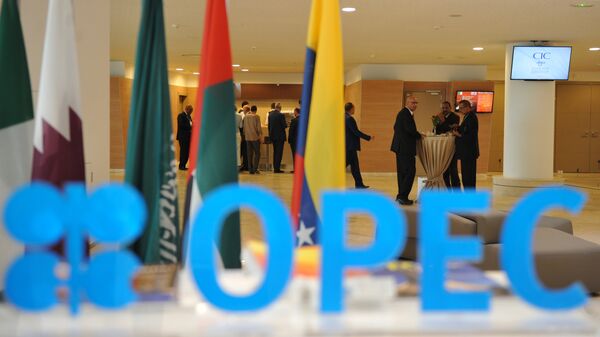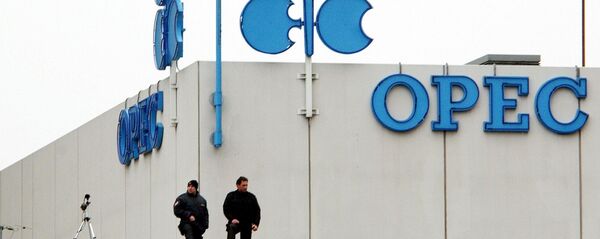OPEC members are currently lacking a consensus over how to implement the agreed-upon cuts in oil output, meanwhile, non-OPEC oil exporters are seeking ways to capitalize on the situation selling more crude at a higher price, increasing their market share.
While every oil-producing nation is cautious about any deal proposals as potentially giving advantage to their competitors, the current level of oil prices is hurting Iran, Venezuela, and Saudi Arabia, whilst certain non-OPEC producers could sustain lower prices due to their lower fiscal and commercial breakeven threshold, determined by production costs in every individual nation. Subsequently, a comprehensive deal to curb oil output within OPEC and outside of it is deemed a massive diplomatic challenge without any certainty to it.
They might be awaiting a more decisive action from OPEC before joining the deal, or might as well be expecting the oil prices to gain amidst the OPEC deal anticipations in order to boost their export revenues as the expense of the hurting oil cartel.
"Anything short of implementation of this accord could lead to the elongation of the rebalancing process, with further deterioration of financial conditions and setbacks in investments extending into a third year, which would be unprecedented," OPEC Secretary General Mohammed Barkindo said. "We should be calling for maximum commitment from all OPEC and non-OPEC countries."
However, in the meantime, oil prices have been jittery post-meeting.
The representatives of Oman said they would join the deal after OPEC makes fixed internal arrangements between its members. Oman is producing roughly 1 mln bpd. Brazil, who attended the meeting as an observer, is planning to actually boost oil output by 290,000 bpd to 2.9 mln bpd in 2017. Kazakhstan is planning to increase oil output next year as well.
"We have to agree on the real numbers," said Magsum Mirzagaliev, Kazakhstan's vice minister of energy. "It is important that we meet once again with detailed numbers. We agreed that we have to meet in 3-4 weeks with numbers, because every country has his own opinion," he added.
The intra-OPEC tensions are stemming from the disagreement between Iran, willing to retain and expand its market share, and Saudi Arabia, seeking to increase oil revenues to ease its fiscal struggle.
Russia, the world’s largest oil producer in 1Q16, insists the internal OPEC deal to decrease oil output should precede any broader global oil curb agreements.
"Russia is ready but they want to see in detail (the) figures agreed for yesterday," an unnamed source from the OPEC meeting told Reuters.





